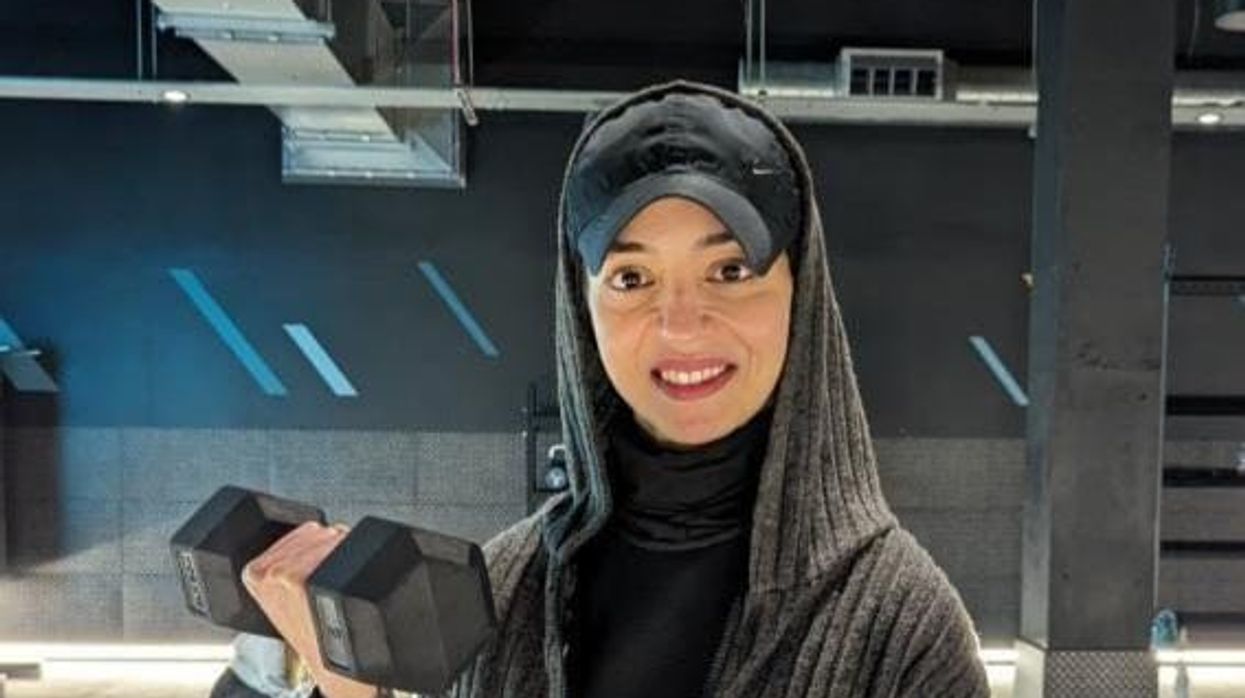RAMADAN is a time for spiritual growth, discipline, and deep reflection. However, it also poses unique challenges for those wanting to maintain a fitness routine, mainly due to the long hours of fasting and the subsequent limited energy reserves. With the right approach, it is possible to stay active during the holy month.
With that in mind, Eastern Eye has compiled quick tips to help balance exercise with fasting.
< Twenty-four-hour gyms offer flexibility to exercise at any time, including in the middle of the night.
< Exercising a few hours after the evening iftar meal is safe and effective because your body has replenished its energy, reducing the risk of fatigue and dehydration.
< Morning people can do light exercises just before the early suhoor meal, which will help replenish energy.
< Focus on maintaining fitness, rather than trying to break personal records, build muscle, or focus on intense weight loss. < Reduce workout time and the number of exercise days.
< Only do high-intensity sessions in shorter bursts, after the iftar meal. < Hydrate! Replenish fluids during non-fasting hours by drinking plenty of water.
Coconut water and herbal teas are great sources of hydration. Cut down on dehydrating caffeine and sugary fizzy drinks.
< Eating protein-rich foods and complex carbohydrates during allowable meal times helps maintain energy levels. Break your fast with nutrient-rich foods like dates, soups, lean proteins, and healthy fats. Avoid sugary and fried foods.
< Pay extra attention to your body. If you feel dizzy, nauseous, or excessively tired, skip the workout and take a rest day.
< Use rest days for light activities like walking and gentle stretching.
< Gently warm up before exercising and end with stretching to reduce the risk of injury and improve recovery.
< Focus on quality over quantity with targeted compound movements for different muscle groups. Aim for shorter sessions but make them count.
< Work on flexibility and mobility exercises like yoga. These are less taxing and will improve your overall fitness, with long-term benefits.
< Monitoring how your body responds to exercise during fasting helps identify the best times and types of workouts for your specific schedule and energy levels.
< Good sleep is essential for full recovery, especially since your schedule might be disrupted during Ramadan.
< If you can’t go to the gym, do bodyweight exercises at home like squats, lunges, push-ups, and planks.
< Lifting lighter weights with higher reps can help maintain muscle tone without overexertion.
< Avoid overeating during iftar, as it can make you lethargic and less inclined to work out. Stick to moderate portions and avoid heavy, greasy foods.
Here is a simple routine that can be tailored to your fitness level and schedule:
< Pre-Iftar (one to two hours before breaking fast): Light cardio or yoga.
< Post-Iftar (one to two hours after eating): Strength training or moderate-intensity workout. Use supersets to keep your sessions short and effective.
< After Suhoor: Light stretching or a short walk.
Ramadan teaches discipline – use that same discipline to stay active and healthy. Ramadan Mubarak.
Nes and Jay believe in creating sustainable ways to maintain a healthy lifestyle and are here to share their experiences and top tips. They don’t just chase goals – they crush them! Instagram: @flexandfuel_official





